The Benefits of Spirulina for Detoxing Radioactive Waste
Japan is preparing to release more than a million tonnes of treated wastewater from the Fukushima nuclear plant into the Pacific Ocean.
It was nearly 12 years ago when a massive earthquake and tsunami triggered the catastrophe at Japan’s Fukushima Daiichi plant. These nuclear reactors were decommissioned – a process which will take 40 years to complete.
The shutdown has triggered the build-up of vast quantities of water used to keep the damaged reactors cool. To free up space, they plan to release 1.2 million tonnes of wastewater into the sea. While the water is filtered to remove most radionuclides, Tritium - a radioactive form of hydrogen still remains.
Blog Contents
The Health Hazards of Tritium
Tritium is a weakly radioactive isotope that is known to emit beta radiation. Beta-radiation is usually not a health hazard if it is not consumed. Large quantities of tritium that make it through the skin, and are inhaled or ingested are known to harm overall health and increase the risk of cancer. (1)
What is Radiation Exposure?
Radiation is all around us in many forms, and exposure to too much of it can have serious health effects (2). The human body is designed to withstand some levels of radiation, however, when exposed to high levels it can cause damage to cells, resulting in symptoms such as fatigue, nausea, skin irritation and even cancer. Fortunately, there are natural supplements available that may help detox radioactive toxicity and protect against further damage caused by excessive radiation and toxic substances. (3,4)
Radiation exposure and radioactive metal exposure are two different ways of experiencing potential harm from radiation. In comparison, radiation exposure refers to the total amount of energy absorbed by a person or animal due to radiation, while radioactive metal exposure refers to the uptake of specific isotopes into the body (4). In terms of risk, radiation exposure carries a greater effective dose than radioactive metal exposure because it includes both direct and indirect radiation effects. Additionally, any kind of radiation can be hazardous, so it is important to avoid any unnecessary exposure to environmental toxins. (5)
Health Issues Linked to Radiation Exposure
Heart disease
Allergic reactions ( like allergic rhinitis)
Digestive system conditions
Liver damage
Kidney diseases like kidney stones
Nervous system damage
Degenerative diseases like Alzheimer's disease
Cancer risk increase
Blood Pressure issues
Spirulina
Spirulina – an edible form of blue-green algae has been shown to have potentially beneficial effects on reducing the body’s toxic load from radiation. Studies have suggested that spirulina (with its deep, green color) may act like a “radioprotector” by protecting cells from damage caused by high levels of radiation. It also possesses antioxidant properties which help reduce oxidative stress caused by free radical damage associated with radiation poisoning. (6)
Spirulina has been studied as a potential “radioprotector” due to its ability to reduce the burden of radiation on the body. Studies have shown that spirulina can help protect cells from damage caused by high levels of radiation, thanks to its antioxidant properties and its ability to bind with heavy metals and toxins such as Uranium. (7)
It also works by activating several biochemical pathways in the body, including cytochrome c oxidase, superoxide dismutase, glutathione peroxidase and catalase. These pathways work together to neutralize any free radicals produced by radiation exposure, thereby reducing oxidative stress within the body. In addition, spirulina helps support immunity by stimulating cell-mediated immune responses which can help reduce inflammation triggered by excessive radiation exposure. (8)
The Chornobyl disaster was one of the first events that brought attention to the possibility that high doses of blue-green algae may act as a powerful antioxidant. Significant improvement in health was noted with the use of such simple detox supplements for people who, unfortunately, experienced, high radiation doses.
The most significant benefit of spirulina is due to its high concentration of chlorophyll. Chlorophyll is a pigment found in plant cells that absorbs sunlight and helps convert carbon dioxide into oxygen. It also binds to heavy metals like lead, mercury and uranium, which makes it ideal for detoxifying from contaminated water sources (9,10).
Spirulina also contains compounds called phycocyanin, which are thought to bind to and absorb radioactive elements and radiation caused by nuclear explosions. This ability to absorb radiation makes spirulina incredibly useful as a decontamination agent after accidents or natural disasters involving radioactivity. (11,12)
Finally, Spirulina supplements have been shown to have immunomodulatory effects, which means they can help support the immune system's ability to fight off infections caused by exposure to radiation or other toxins in the environment. Its high concentration of antioxidants also helps protect cells from radiation damage caused by immune-created free radicals (unstable molecules created when atoms have unpaired electrons). (13)
In conclusion, Spirulinas's combination of chlorophyll content and antioxidant levels makes it a potent tool for detoxifying radiation from various sources. It can be used both as a preventative measure following nuclear accidents or natural disasters involving radioactive elements, as well as a way to help those who are already experiencing adverse health effects due to their exposure. (14)
Dark Berries
Dark berries such as blueberries, blackberries and raspberries have been studied for their radioprotective properties due to their natural antioxidant content. The biochemical pathways associated with these dark berries help to protect the body from the damaging effects of radiation exposure by scavenging harmful free radicals that can cause oxidative stress. (15)
These pathways are powered by antioxidants in the body, including vitamins C and E, carotenoids and flavonoids, which then help neutralize any cellular damage caused by radiation. (16)
Additionally, dark berries contain phytochemicals that stimulate cell-mediated immune responses to reduce inflammation associated with excessive radiation exposure. Furthermore, they are also rich in vitamins and minerals which can help strengthen the immune system and provide nourishment to damaged cells affected by radioactive toxicity. (17)
Aronia Berry
Aronia berries, also known as chokeberries, are one of the few fruits that have been studied for their radioprotective properties. Animal studies have shown that Aronia berry extract can help reduce the accumulation of radiation in the body by activating certain biochemical pathways. (18)
These pathways stimulate antioxidant production and help neutralize free radicals produced by radiation exposure. The antioxidants in Aronia berries have anti-inflammatory properties and can help reduce inflammation caused by excessive radiation exposure. Furthermore, Aronia berries contain high amounts of vitamins and minerals which can help strengthen the immune system and provide nourishment to damaged cells affected by radioactive toxicity. (19)
Turmeric
Another supplement known for its radioprotective properties is turmeric – a powerful anti-inflammatory herb used in many cultures for medicinal purposes. The active ingredient found in turmeric, curcumin, has been shown to have protective effects against various types of radiation poisoning including gamma, beta and X-rays (20). It works by preventing inflammation triggered in the body following excessive exposure to radiation. Additionally, turmeric may help support the immune system as well as scavenge cancer-causing free radicals from the body. (21)
Chlorella
Chlorella is another potent natural supplement proven effective at helping counter the effects of radioactive exposure through its ability to bind with heavy metals and other toxins present within the body and facilitate their release through urine or feces (intestinal elimination). In addition to its potential radioprotective benefits, chlorella has also been linked with supporting immunity and providing numerous other health benefits due to its rich nutrient content including vitamins C & K, iron and other minerals that nourish every cell in your body! (22)
In closing, while no amount of supplementation can completely negate harmful radiation exposure if you are routinely exposed then using one or more of these dietary supplements could provide you with some protection from the negative side effects associated with it. Be sure to speak with a healthcare professional before taking any new supplement as interactions may occur with certain medications or existing medical issues!
Article References
Fairlie I. The hazards of tritium–revisited. Medicine, Conflict and Survival. 2008 Oct 1;24(4):306-19.
Lambert B. How safe is safe? Radiation controversies explained.
Huang WY, Muo CH, Lin CY, Jen YM, Yang MH, Lin JC, Sung FC, Kao CH. Paediatric head CT scan and subsequent risk of malignancy and benign brain tumour: a nation-wide population-based cohort study. British journal of cancer. 2014 Apr;110(9):2354-60.
Mettler Jr FA, Voelz GL. Major radiation exposure—what to expect and how to respond. New England Journal of Medicine. 2002 May 16;346(20):1554-61.
Mettler Jr FA, Voelz GL. Major radiation exposure—what to expect and how to respond. New England Journal of Medicine. 2002 May 16;346(20):1554-61.
Makhlouf R, Makhlouf I. Evaluation of the effect of Spirulina against Gamma irradiation induced oxidative stress and tissue injury in rats. Int. J. Appl. Sci. Eng. Res. 2012;1(2):152-64.
Mishra P, Prasad SM. Low dose UV-B radiation induced mild oxidative stress impact on physiological and nutritional competence of Spirulina (Arthrospira) species. Plant Stress. 2021 Dec 1;2:100039.
Bayramoglu G, Akbulut A, Arica MY. Study of polyethyleneimine-and amidoxime-functionalized hybrid biomass of Spirulina (Arthrospira) platensis for adsorption of uranium (VI) ion. Environmental Science and Pollution Research. 2015 Nov;22:17998-8010.
AlFadhly NK, Alhelfi N, Altemimi AB, Verma DK, Cacciola F, Narayanankutty A. Trends and technological advancements in the possible food applications of Spirulina and their health benefits: A Review. Molecules. 2022 Aug 30;27(17):5584.
Bhattacharya S. The role of Spirulina (Arthrospira) in the mitigation of heavy-metal toxicity: an appraisal. Journal of Environmental Pathology, Toxicology and Oncology. 2020;39(2).
Belay A, Ota Y, Miyakawa K, Shimamatsu H. Current knowledge on potential health benefits of Spirulina. Journal of applied Phycology. 1993 Apr;5:235-41.
Belay A. New scientific developments in the health benefits of Spirulina (Arthrospira): Phycocyanin and its potential health benefits. Nutritional Sciences. 2004;7(3):165-73.
Belay A, Ota Y, Miyakawa K, Shimamatsu H. Current knowledge on potential health benefits of Spirulina. Journal of applied Phycology. 1993 Apr;5:235-41.
Kumari DJ, Babitha B, Jaffar S, Prasad MG, Ibrahim MD, Khan MS. Potential health benefits of Spirulina platensis. Int. J. Adv. Pharm. Sci. 2011;2:417-22.
Chawla R, Arora R, Singh S, Sagar RK, Sharma RK, Kumar R, Sharma A, Gupta ML, Singh S, Prasad J, Khan HA. Radioprotective and antioxidant activity of fractionated extracts of berries of Hippophae rhamnoides. Journal of Medicinal Food. 2007 Mar 1;10(1):101-9.
Sebastià N, Almonacid M, Villaescusa JI, Cervera J, Such E, Silla MA, Soriano JM, Montoro A. Radioprotective activity and cytogenetic effect of resveratrol in human lymphocytes: an in vitro evaluation. Food and chemical toxicology. 2013 Jan 1;51:391-5.
Paul P, Unnikrishnan MK, Nagappa AN. Phytochemicals as radioprotective agents-A review.
Mun HS, Lee JH. Radioprotective Effects of Aronia on Radiation Irradiated Rats. Journal of radiological science and technology. 2017;40(3):423-31.
Lee JH. The Radioprotection Effect of Aronia on Livers of Laboratory Rats Radiated to 6 MV X-ray of Linear Accelerator. Journal of the Korean Society of Radiology. 2020;14(2):97-104.
Bhartiya US, Raut YS, Joseph LJ, Hawaldar RW, Rao BS. Evaluation of the radioprotective effect of turmeric extract and vitamin E in mice exposed to therapeutic dose of radioiodine. Indian Journal of Clinical Biochemistry. 2008 Oct;23(4):382-6.
Bhartiya US, Raut YS, Joseph LJ, Hawaldar RW, Rao BS. Evaluation of the radioprotective effect of turmeric extract and vitamin E in mice exposed to therapeutic dose of radioiodine. Indian Journal of Clinical Biochemistry. 2008 Oct;23(4):382-6.
Sarma L, Tiku AB, Ogaki M. Evaluation of radioprotective action of a mutant (E-25) form of Chlorella vulgaris in mice. Journal of radiation research. 1993 Dec 1;34(4):277-84.









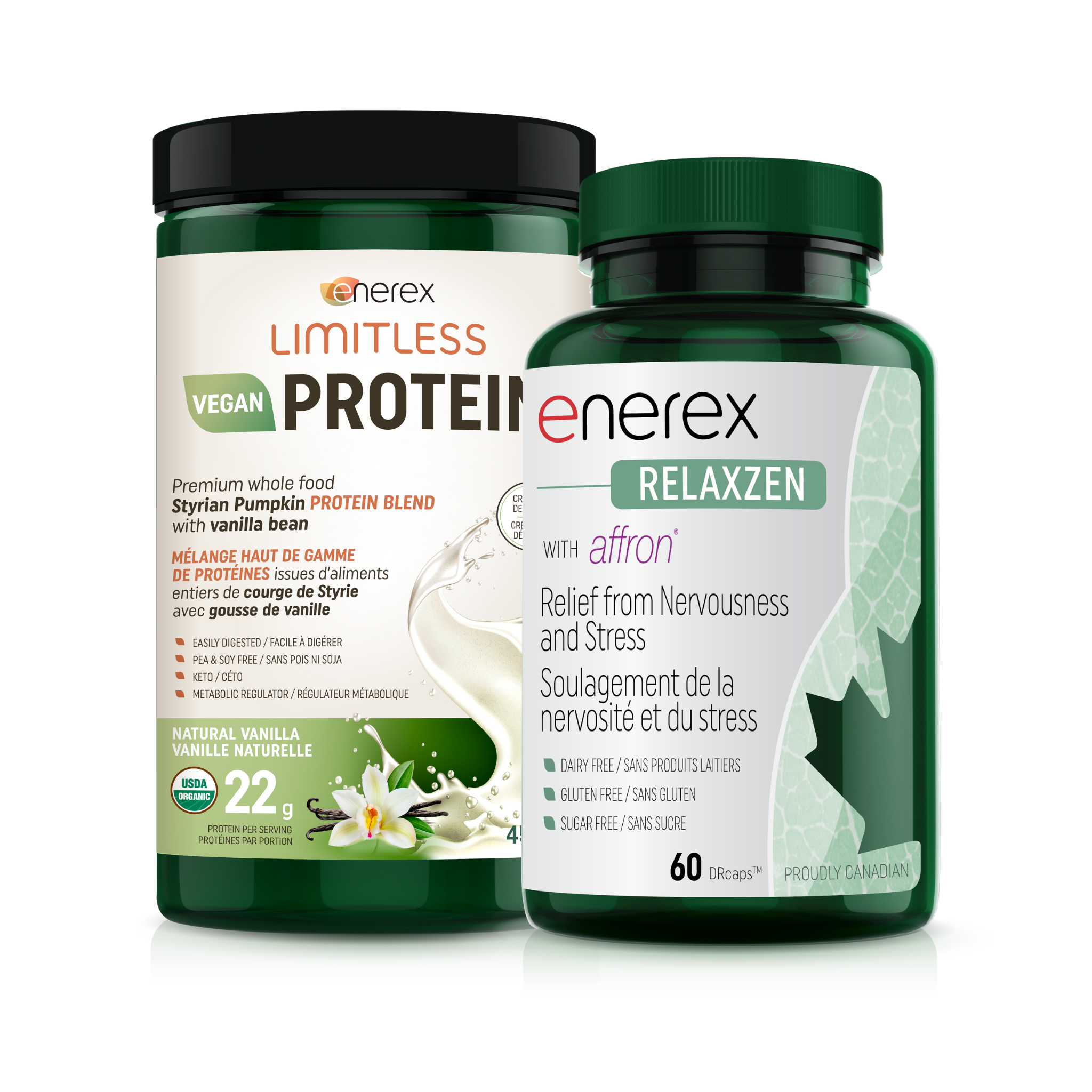
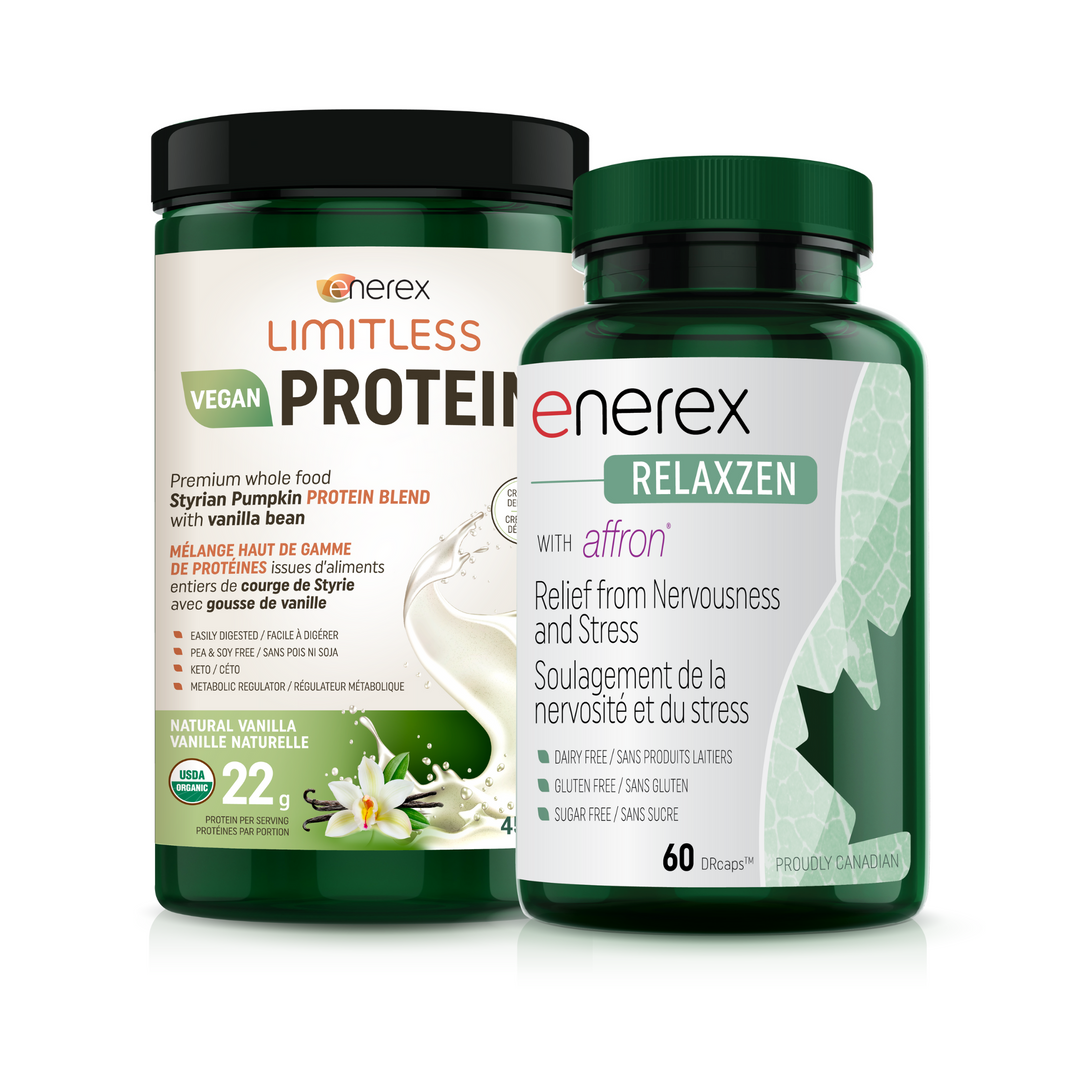
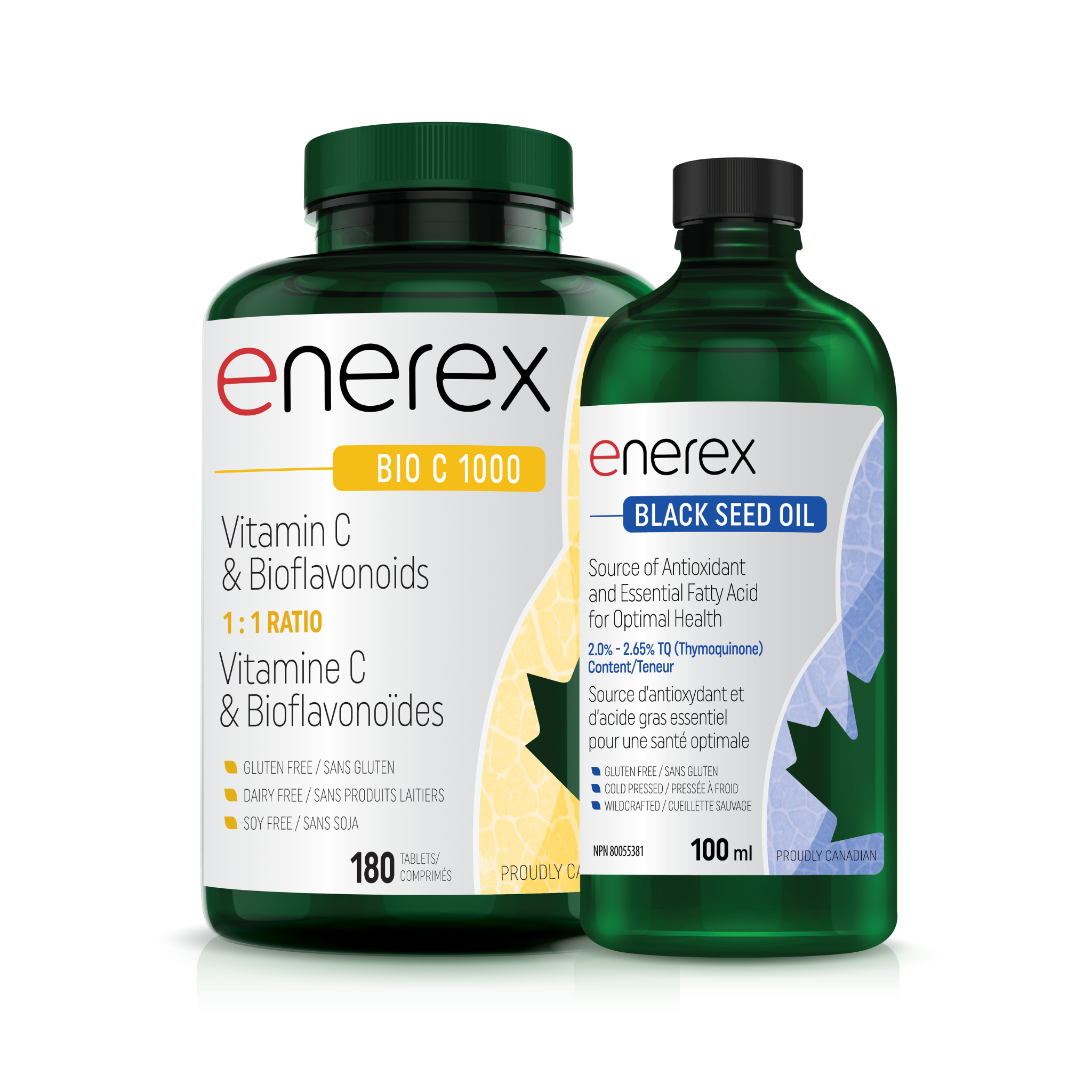
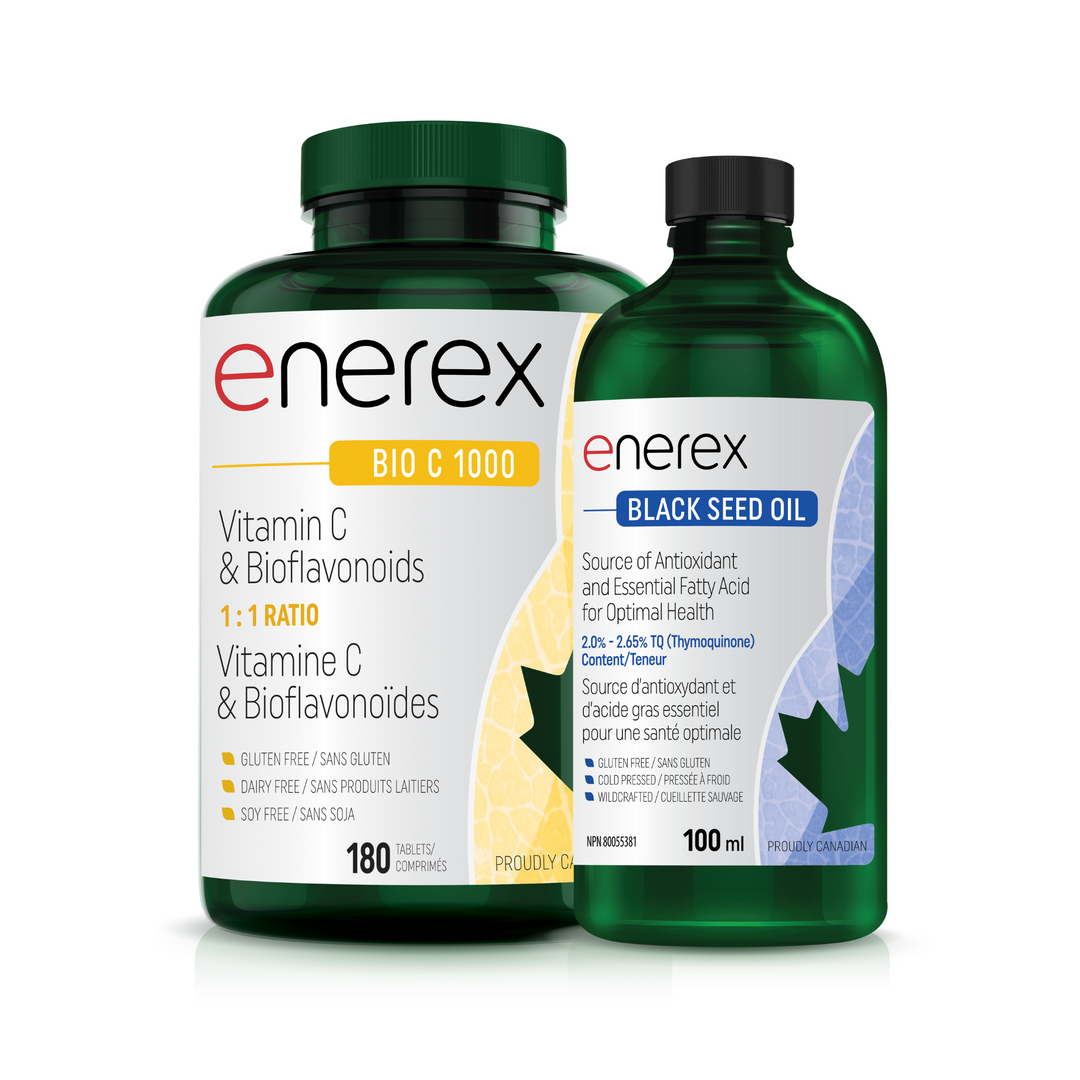
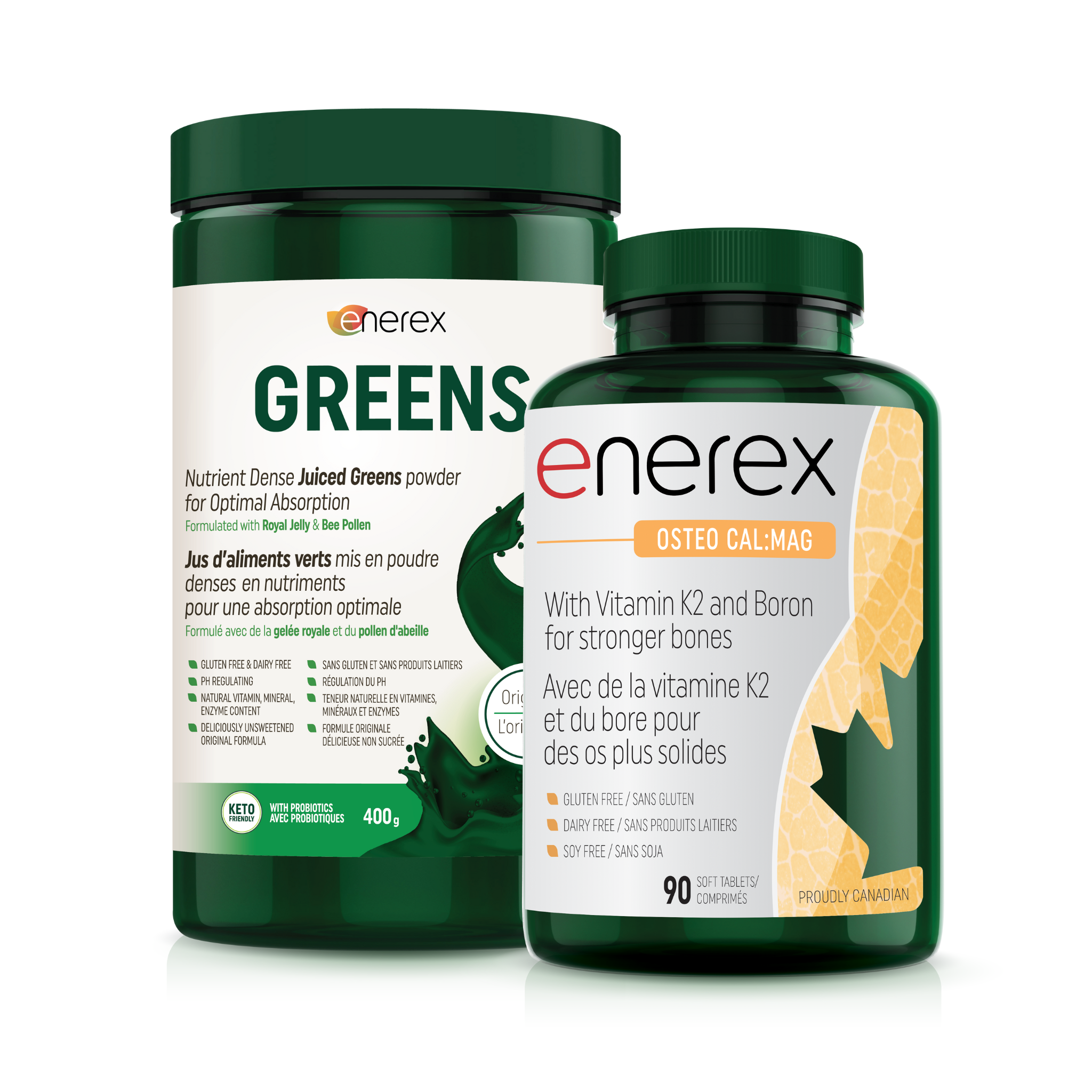
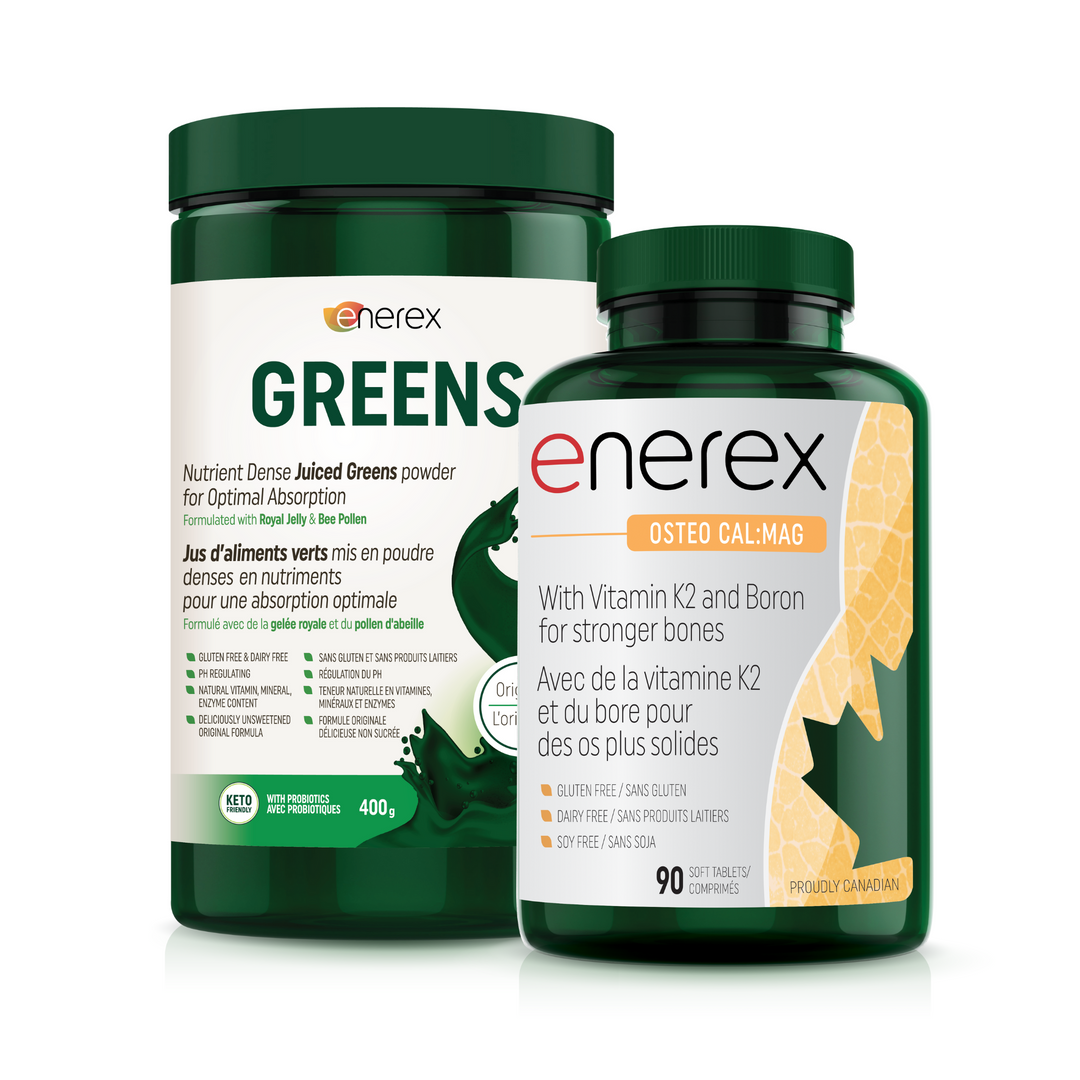
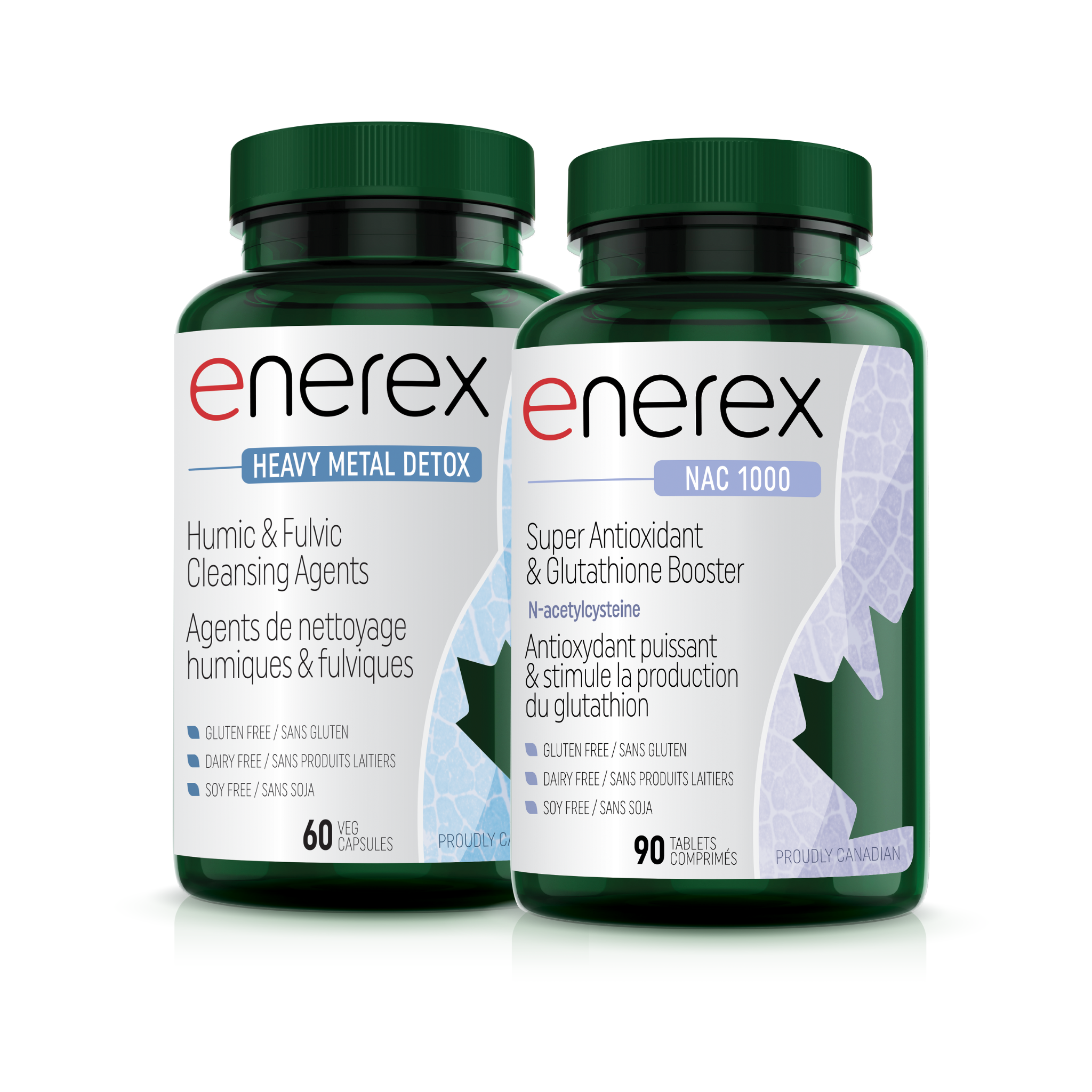
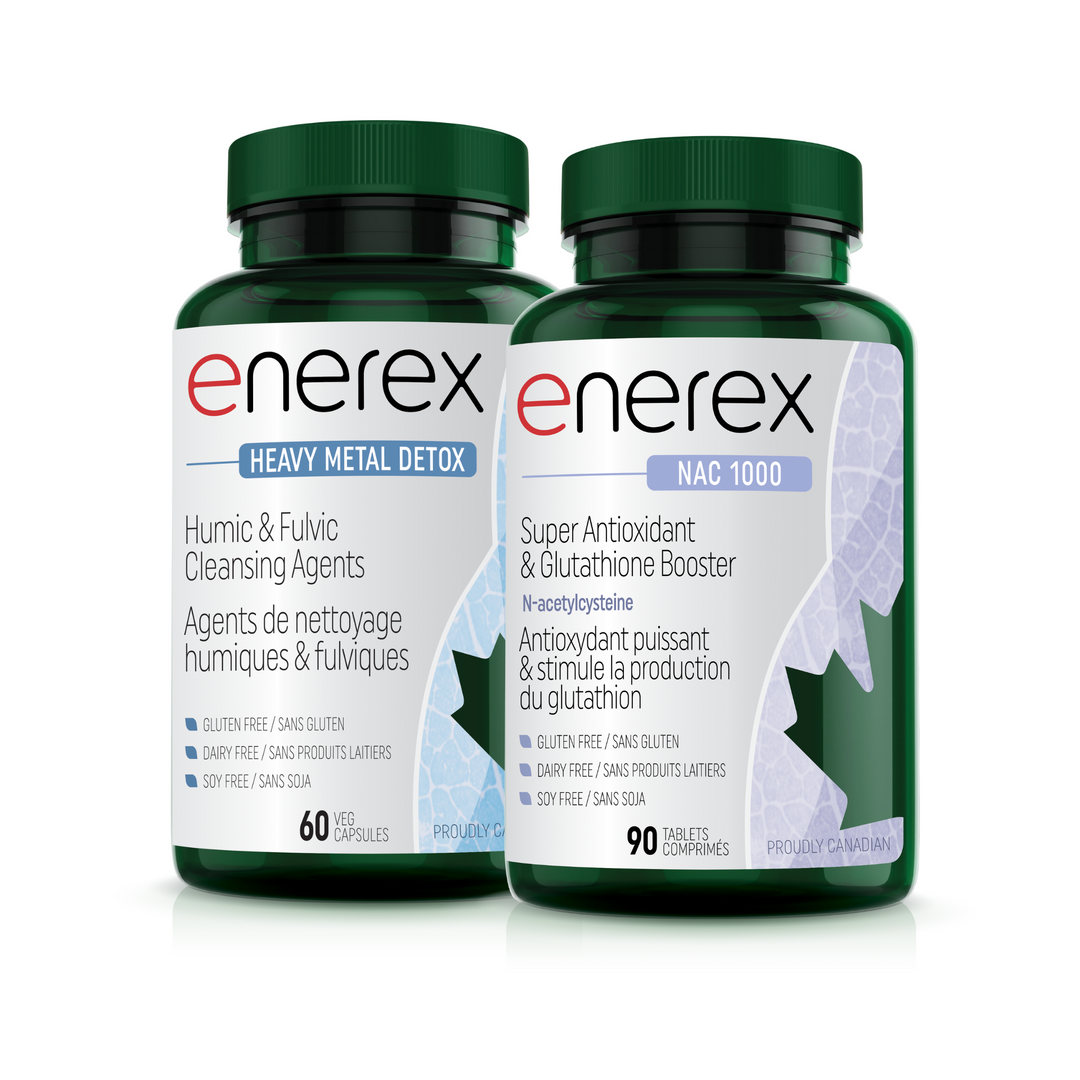
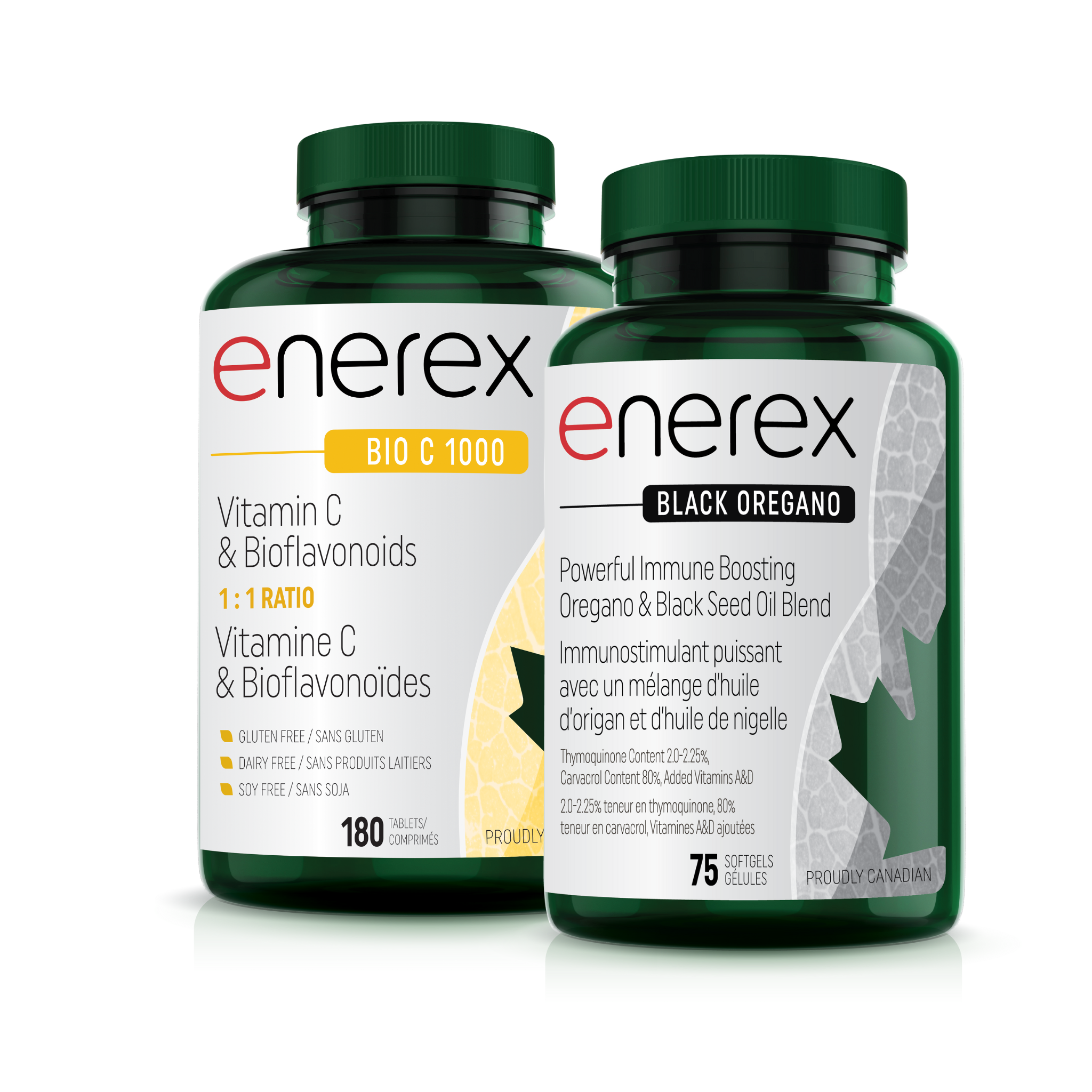
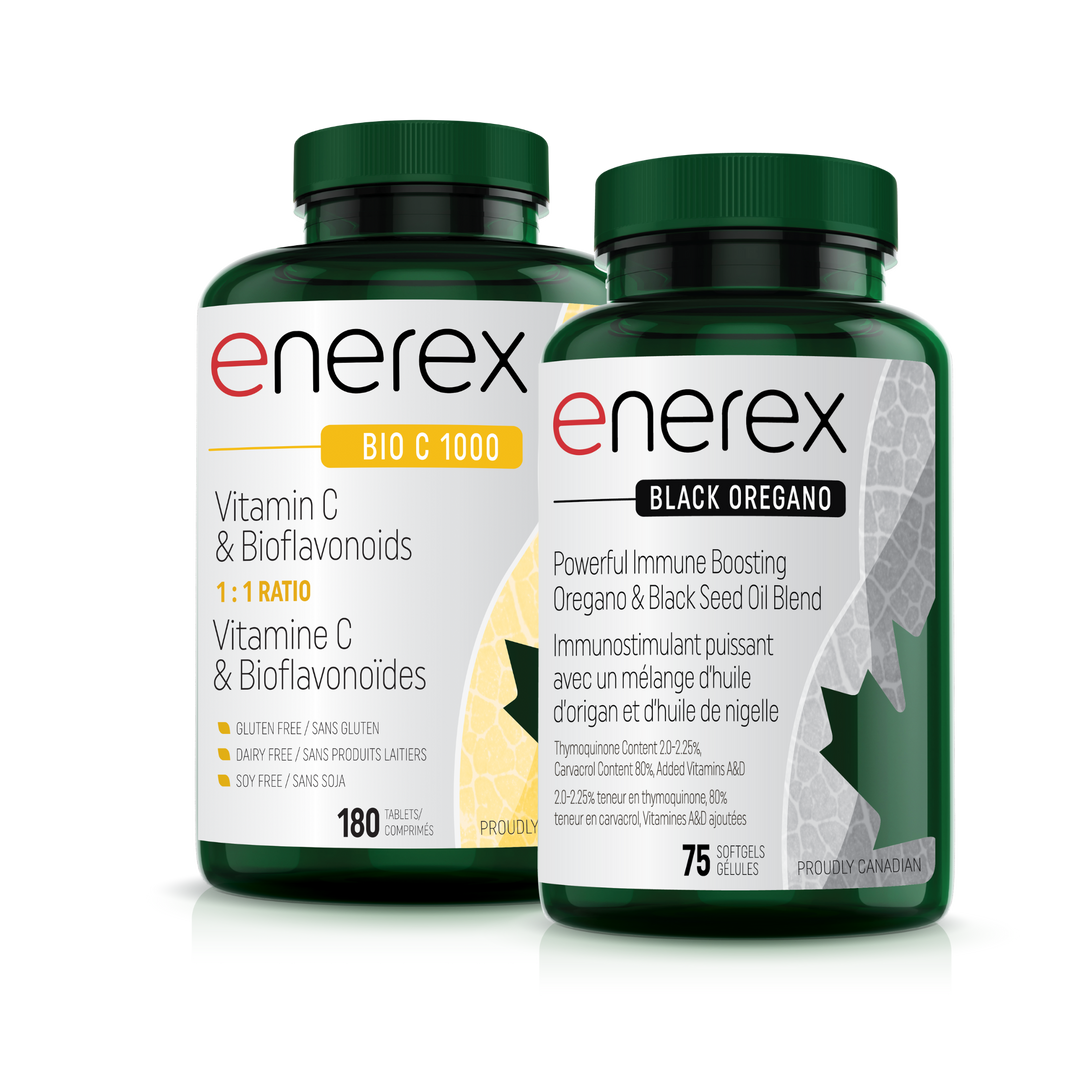
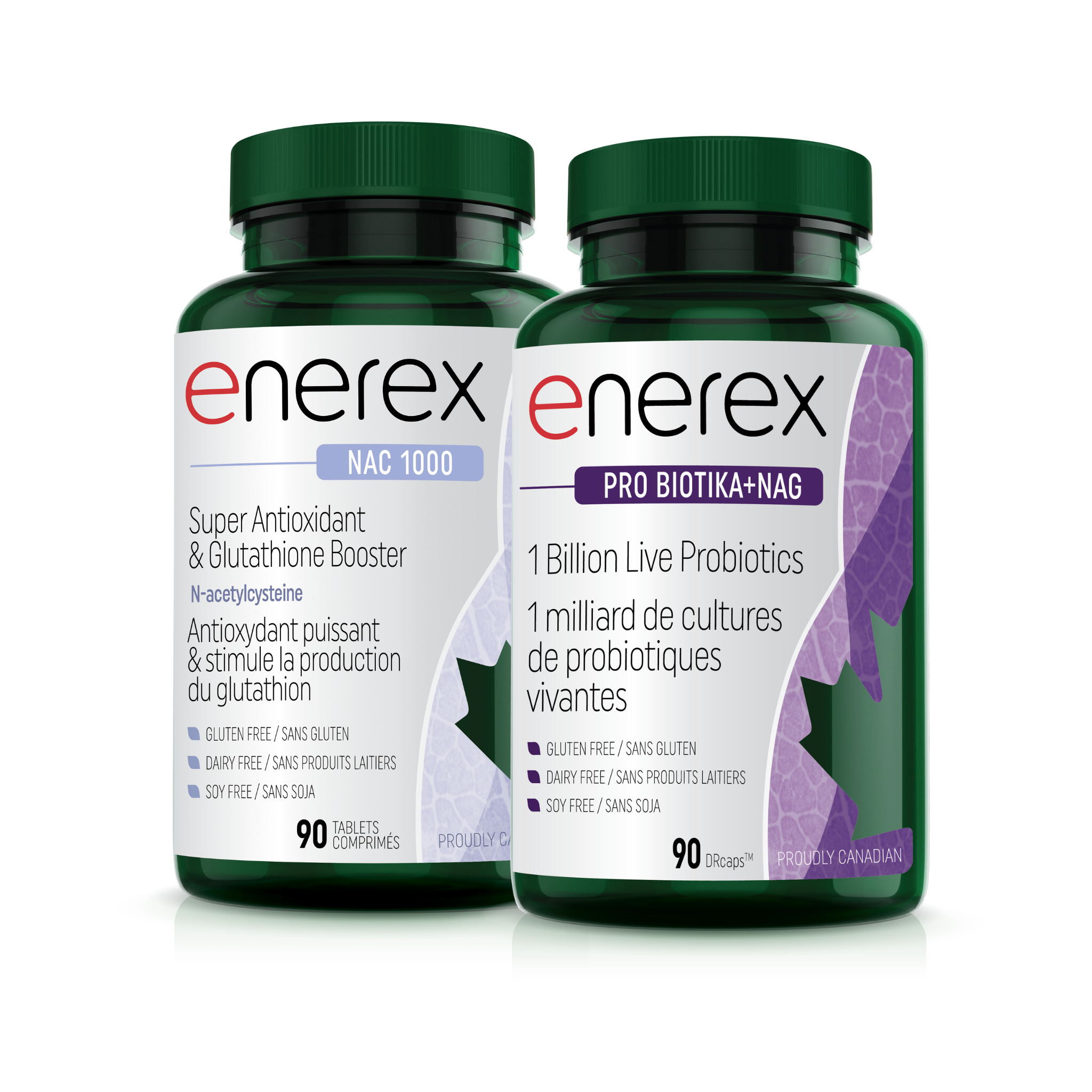
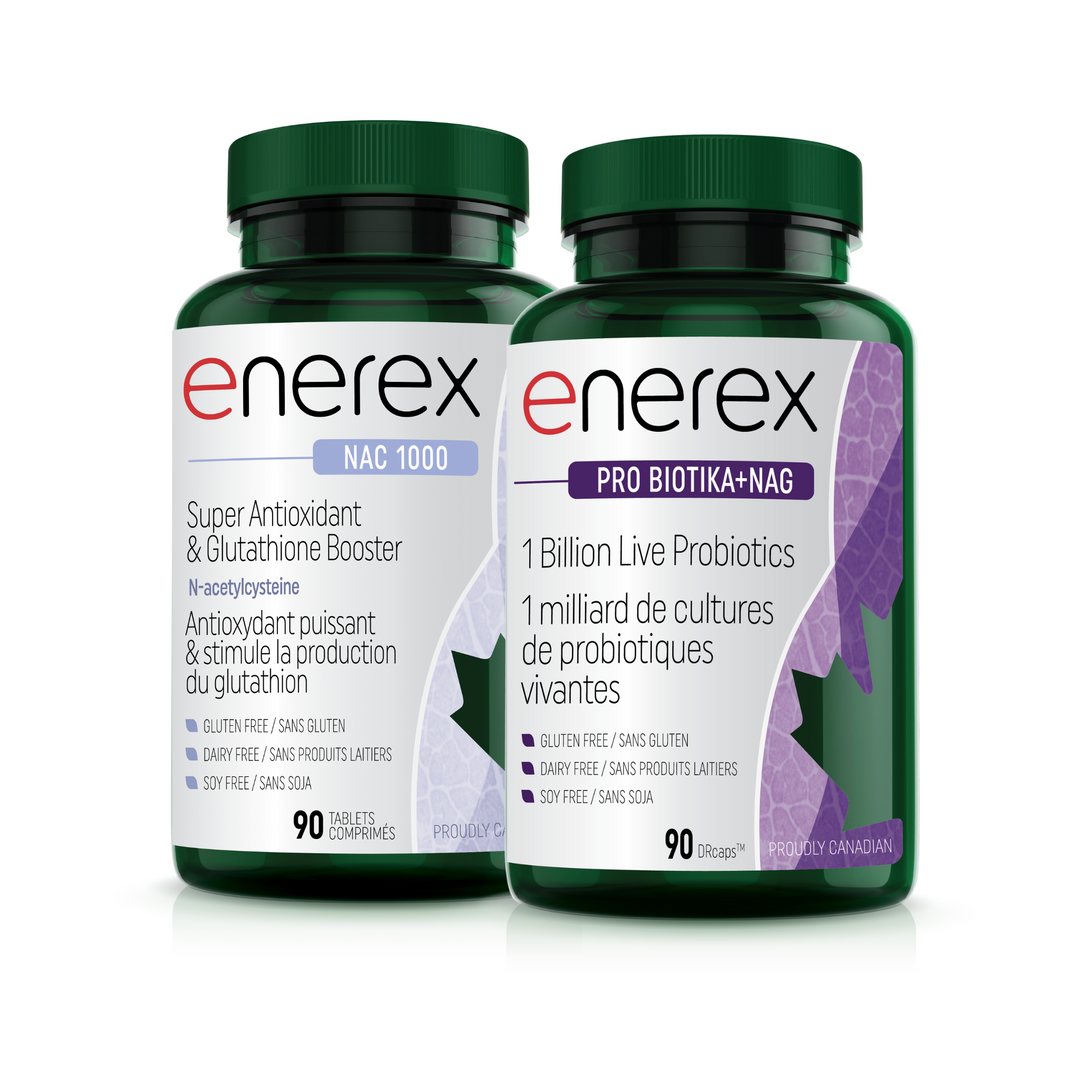
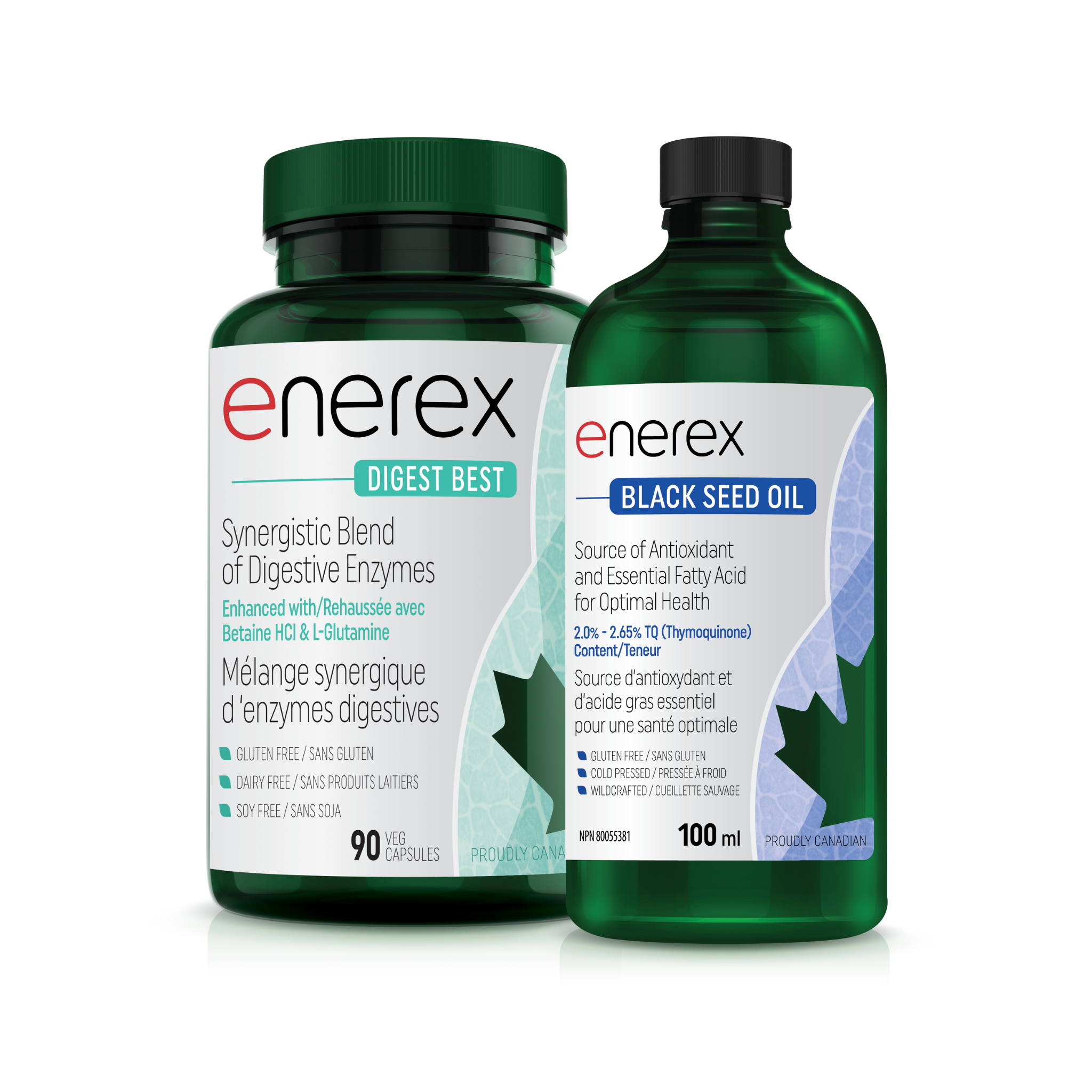
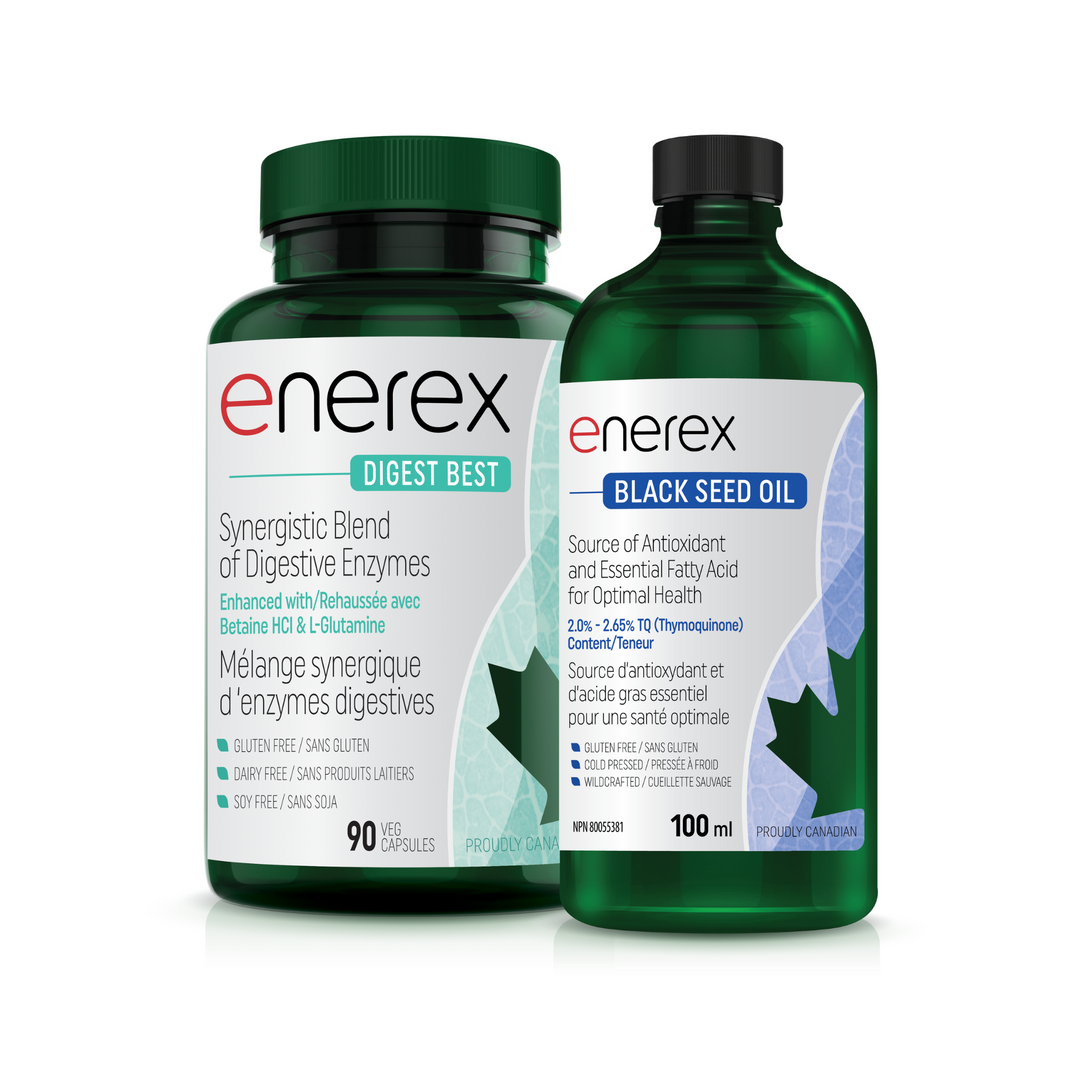
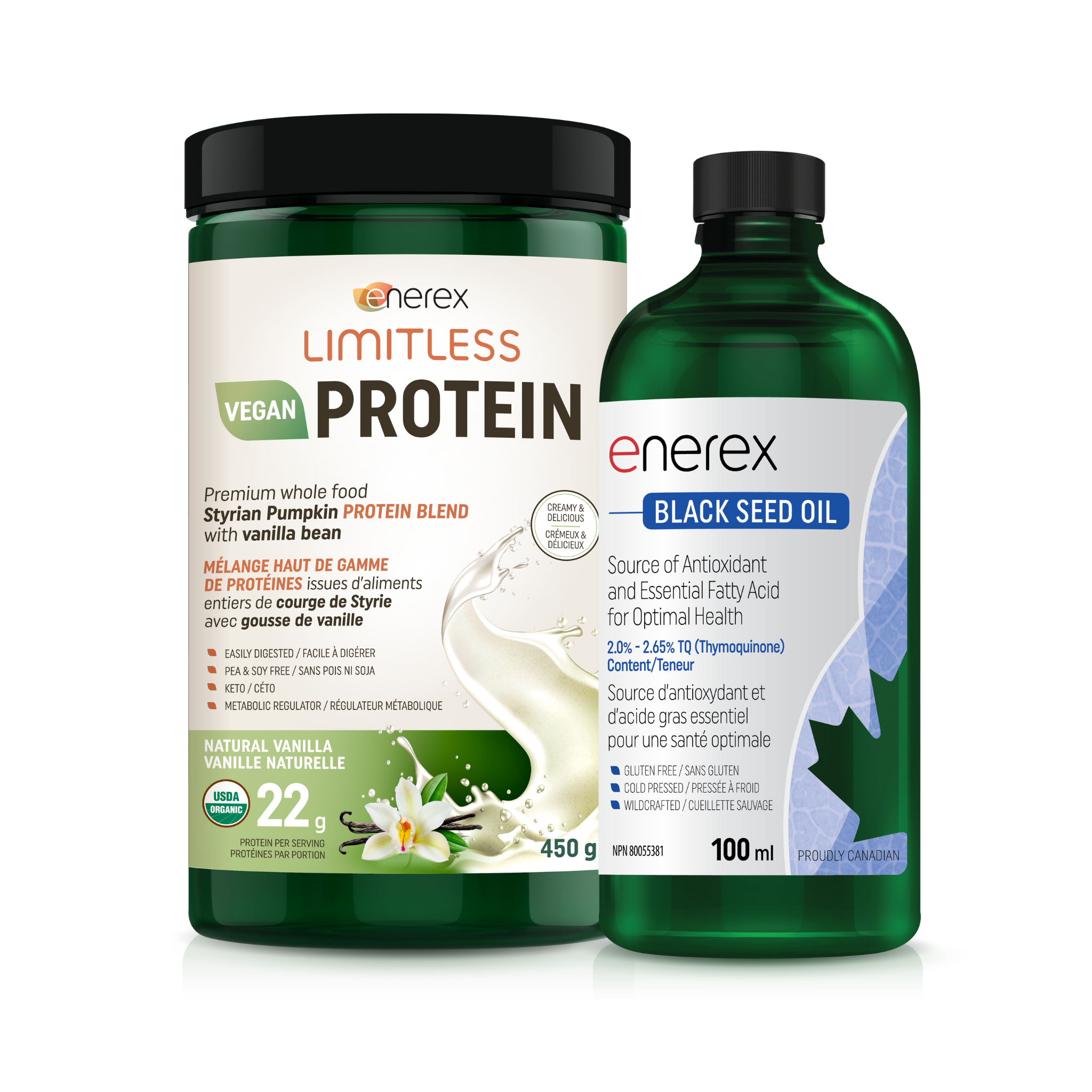
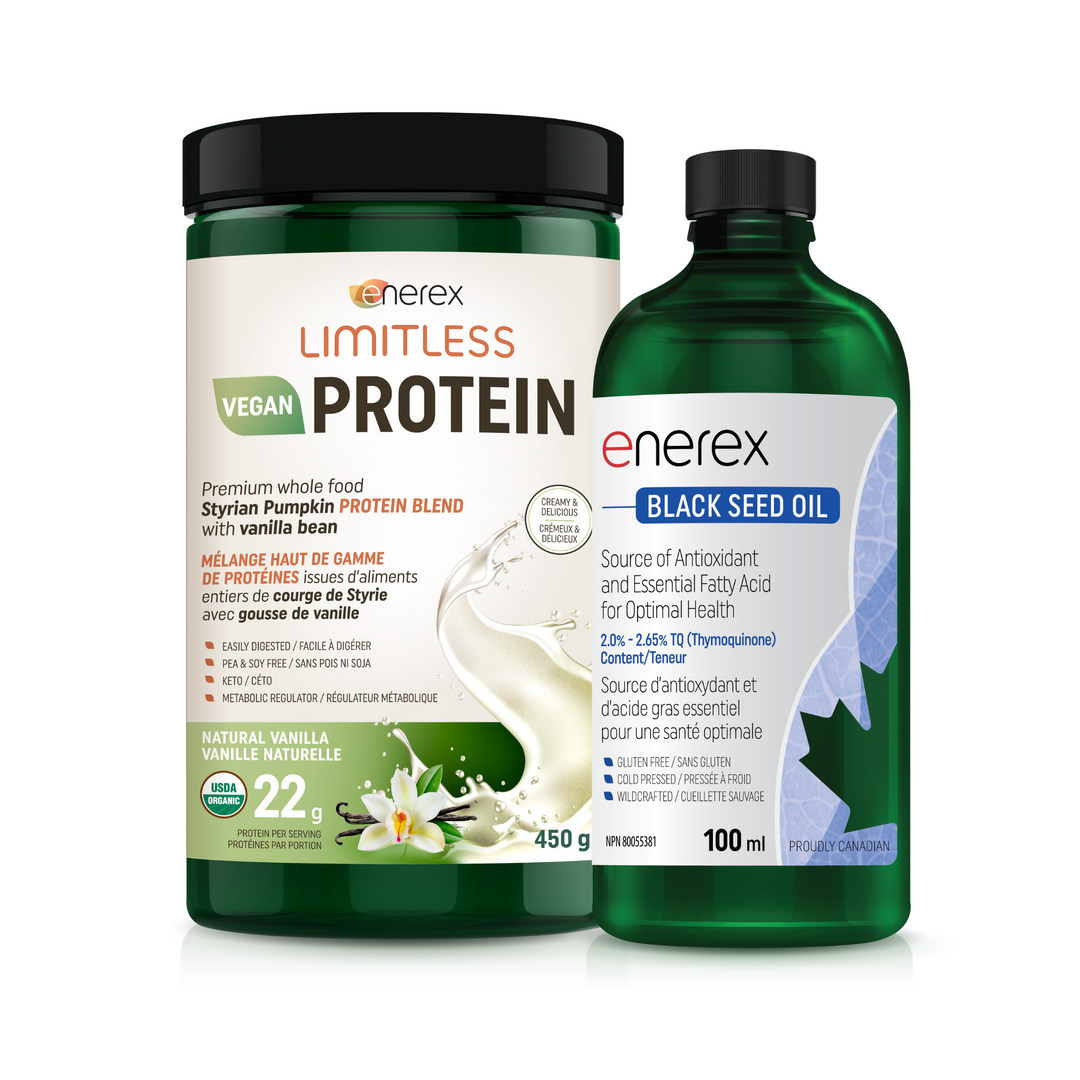
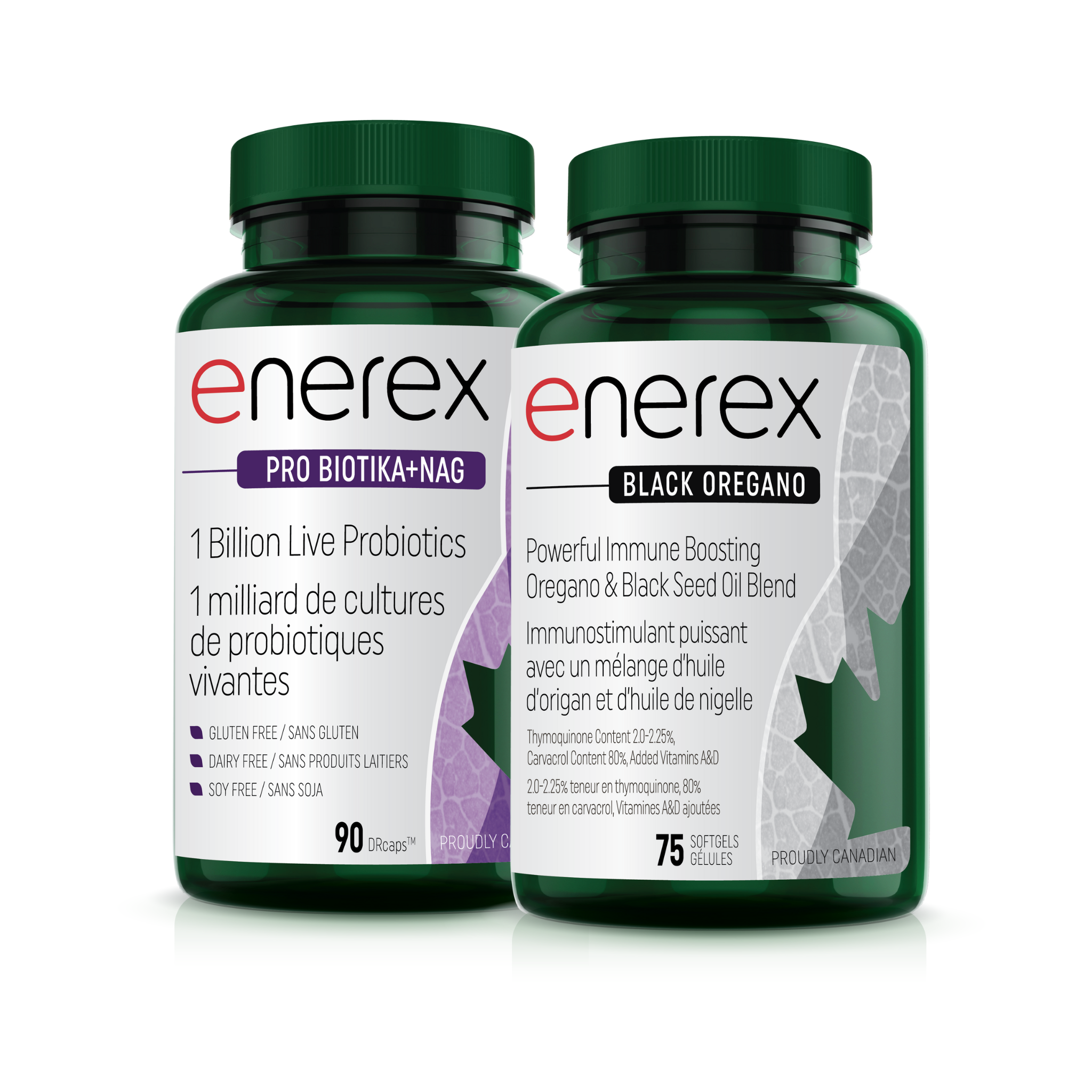
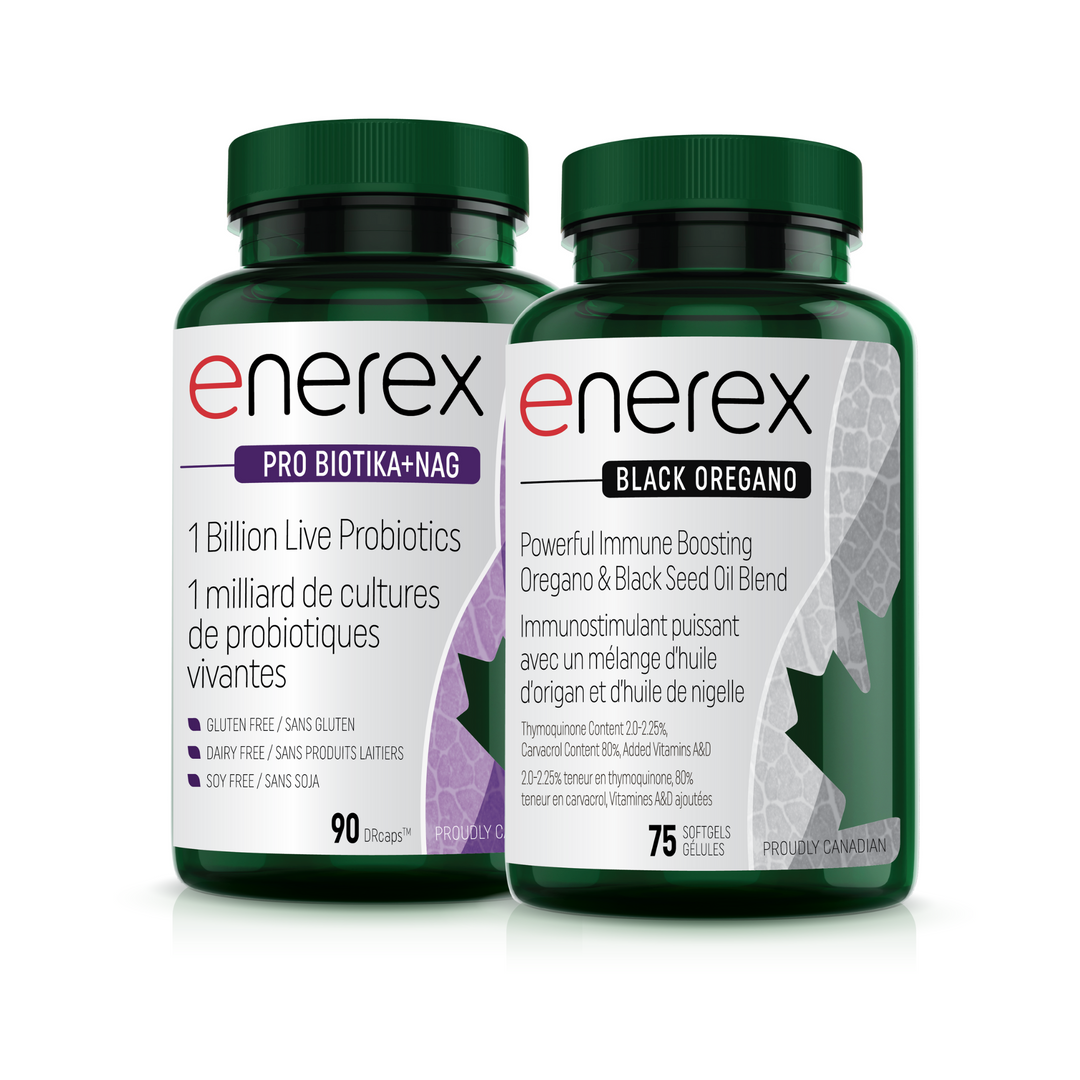
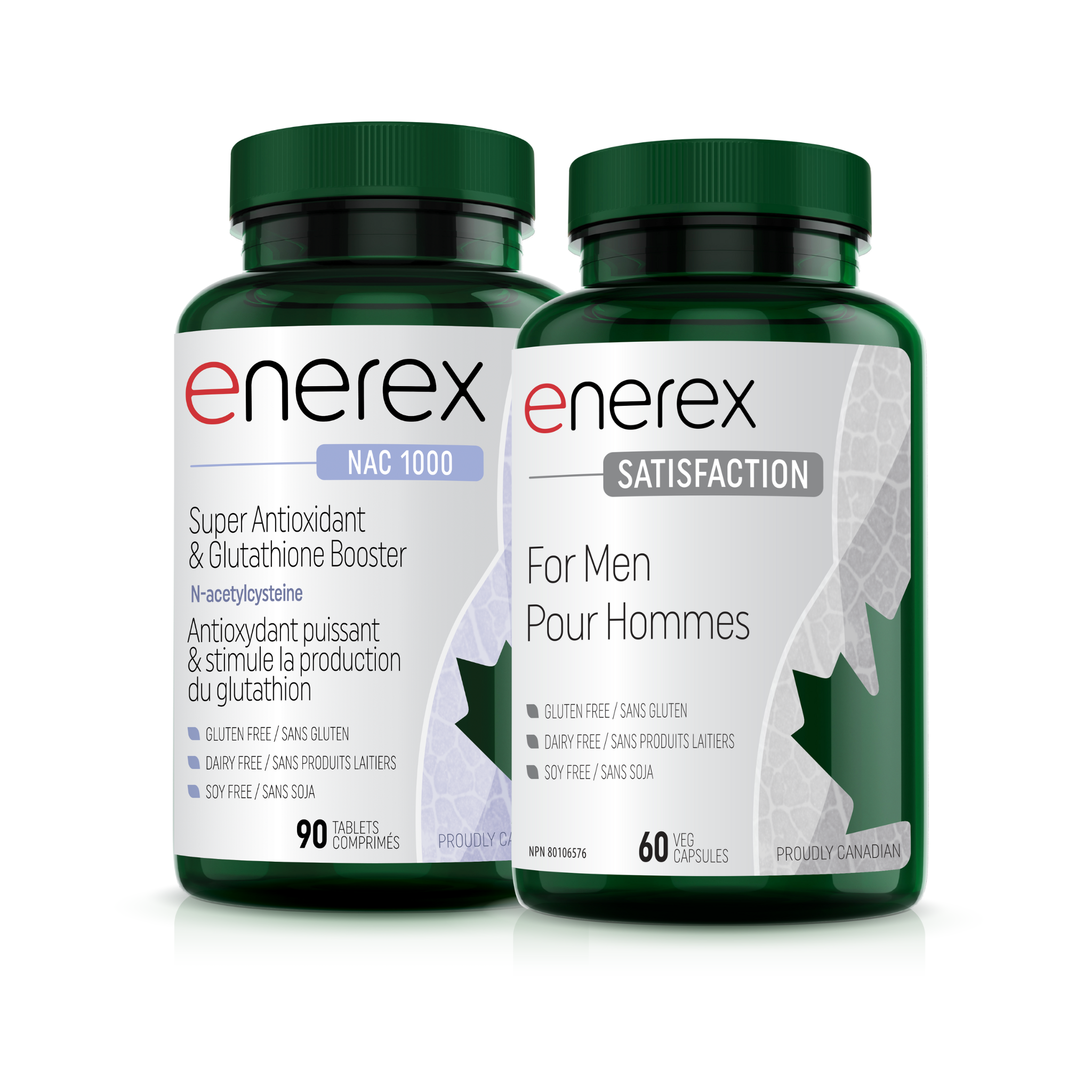
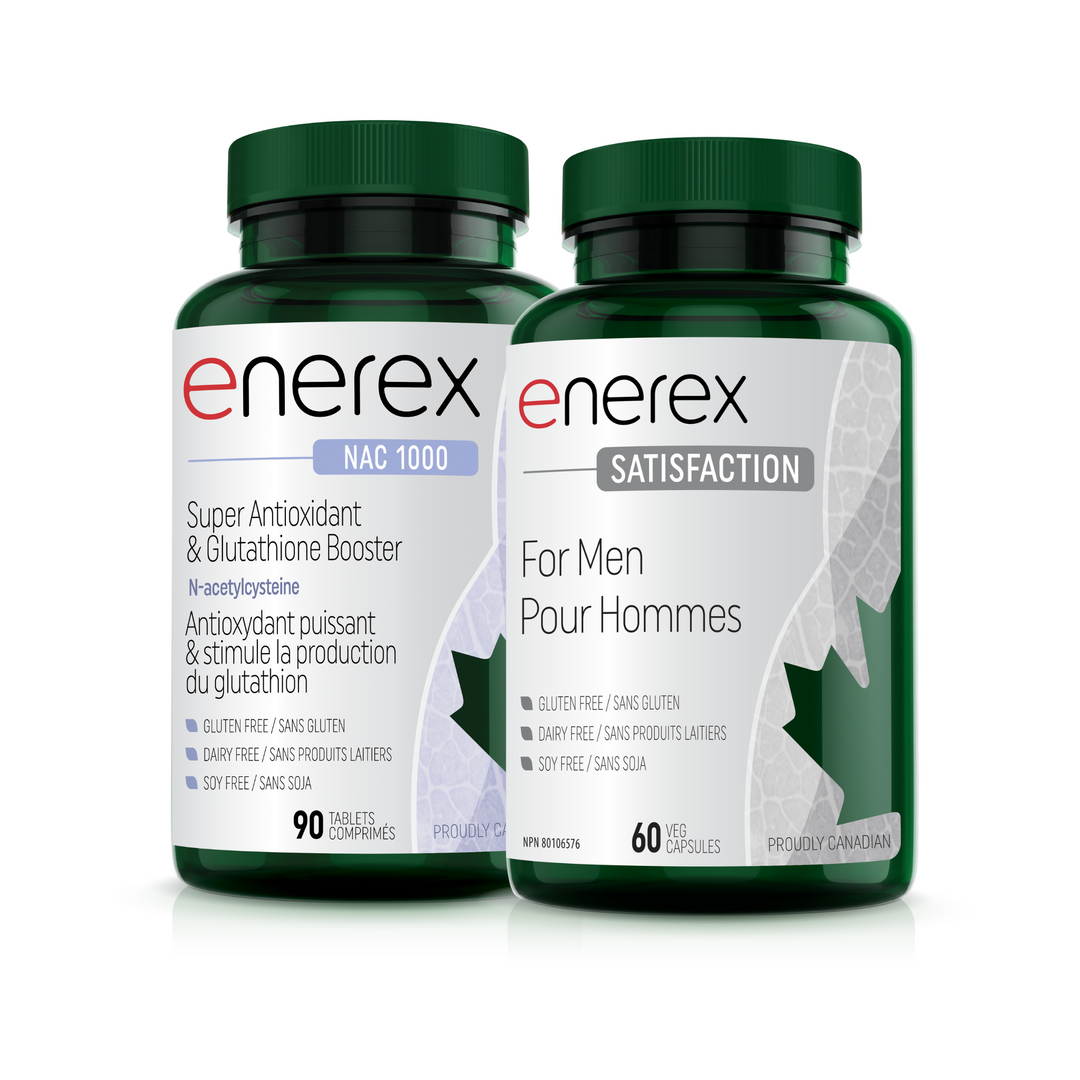
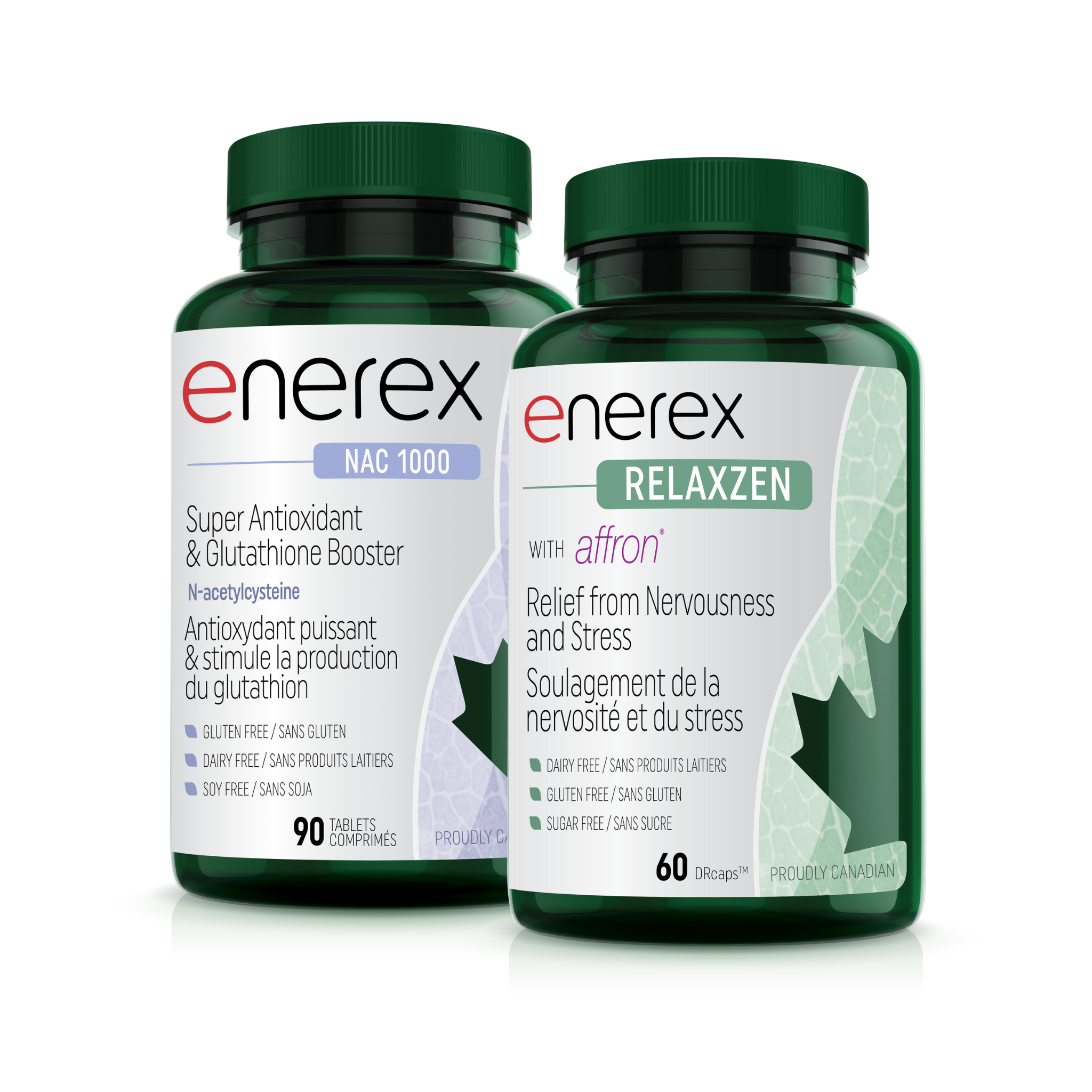
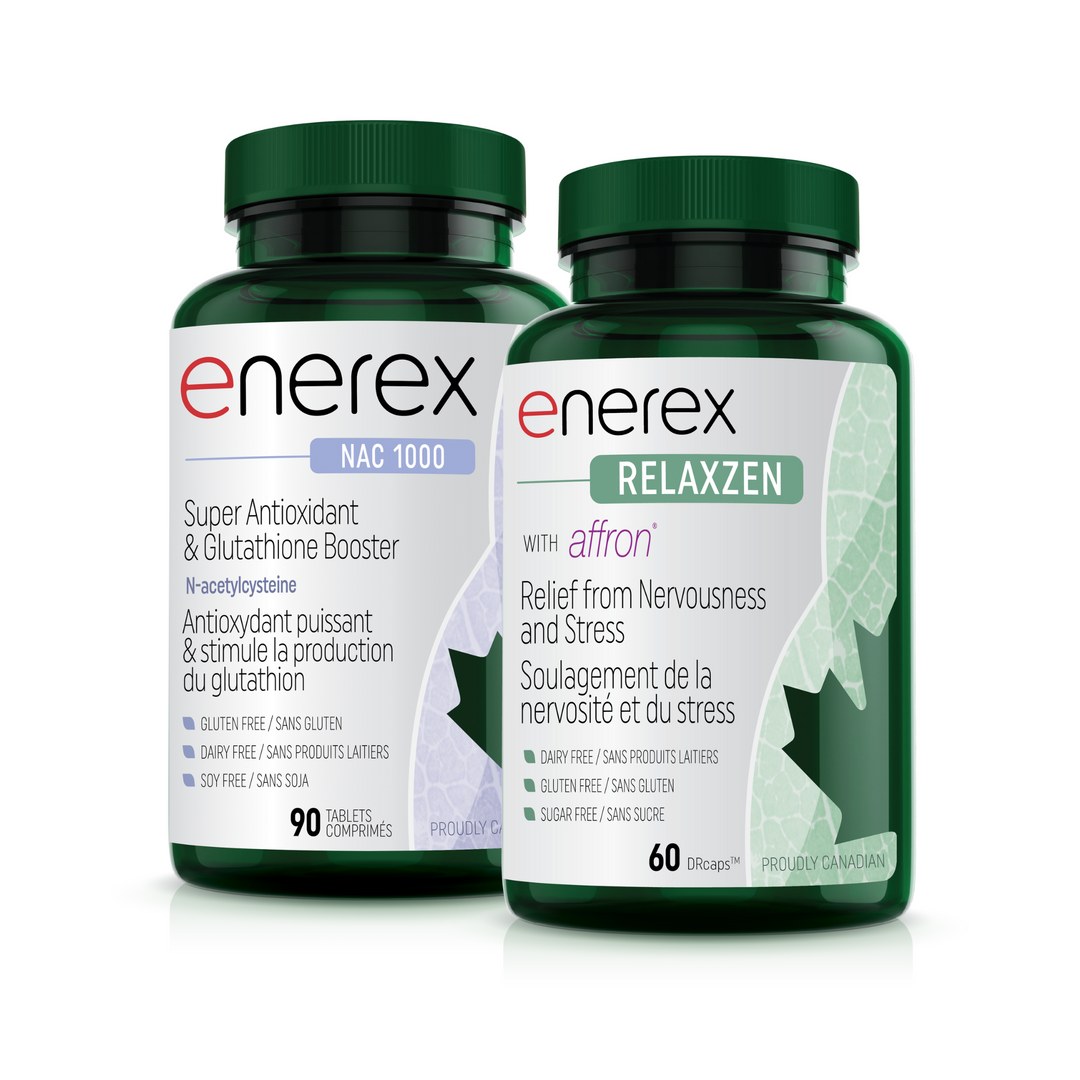
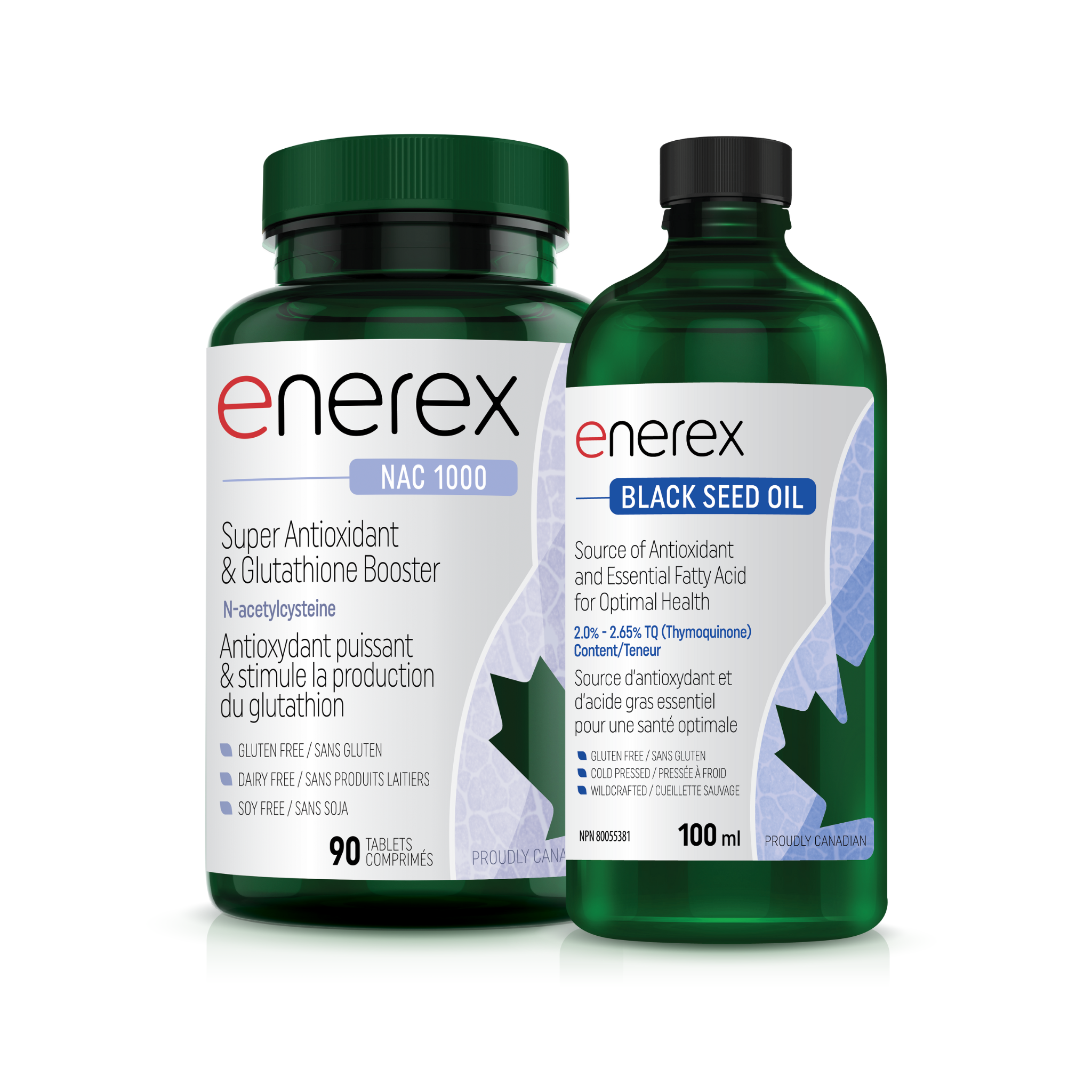
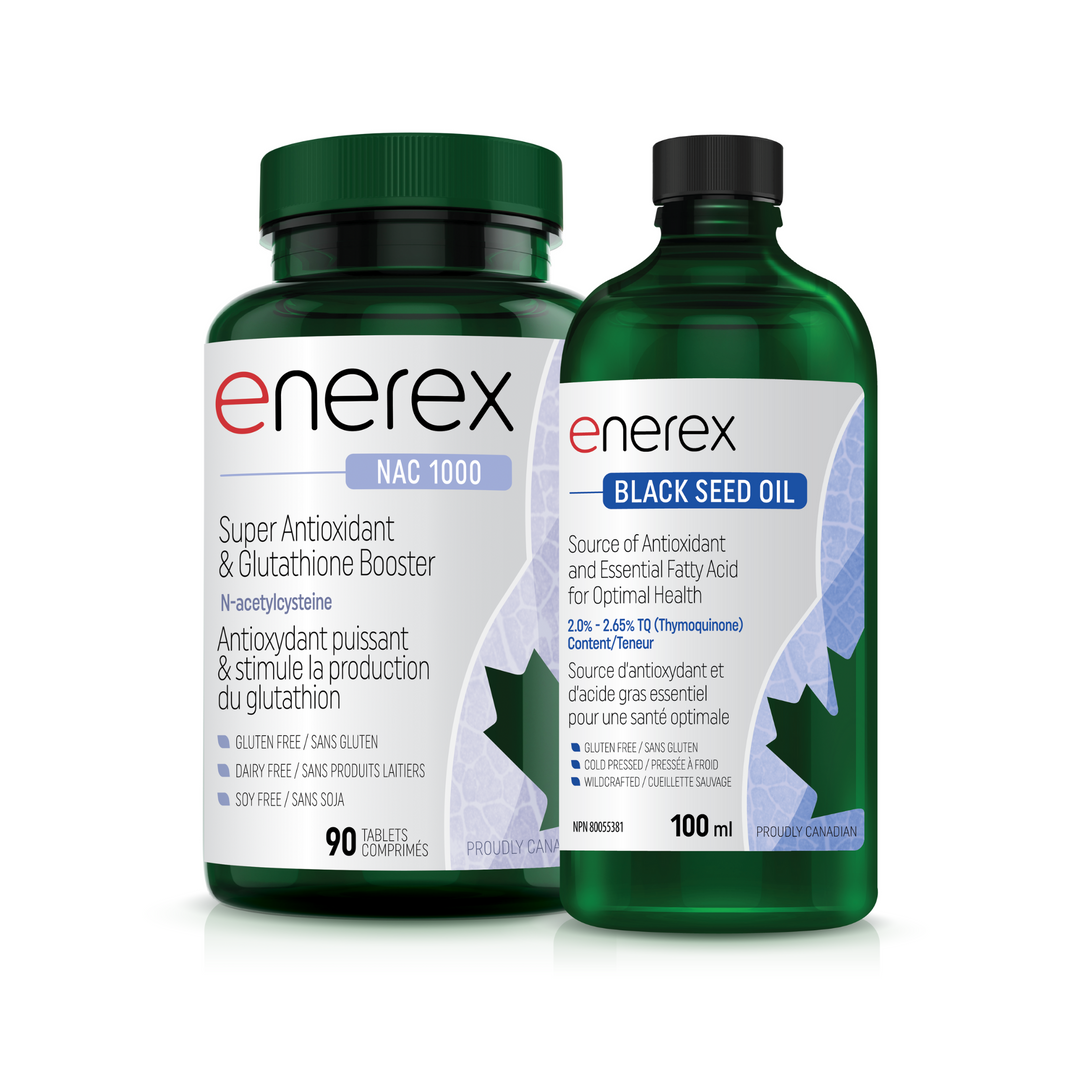
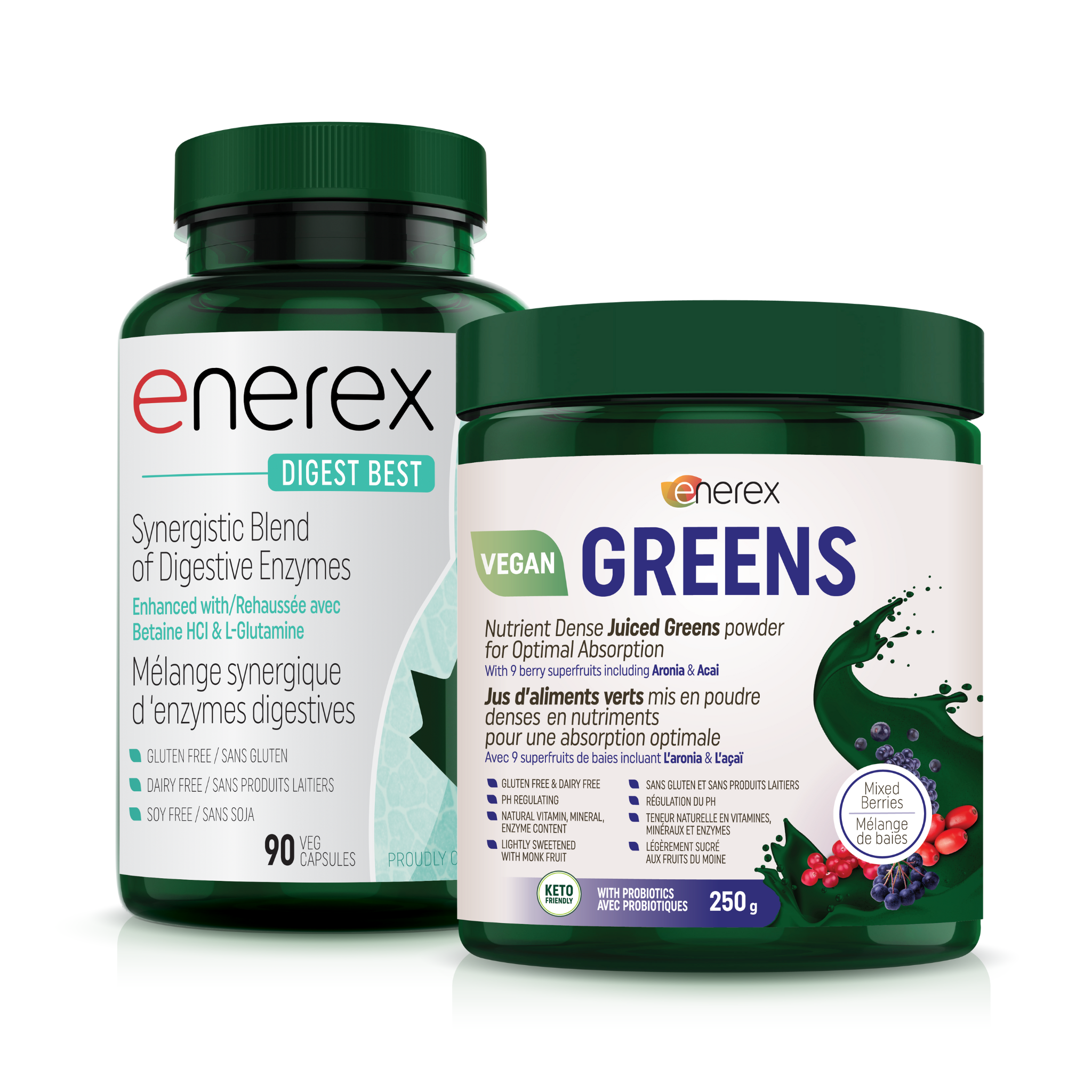
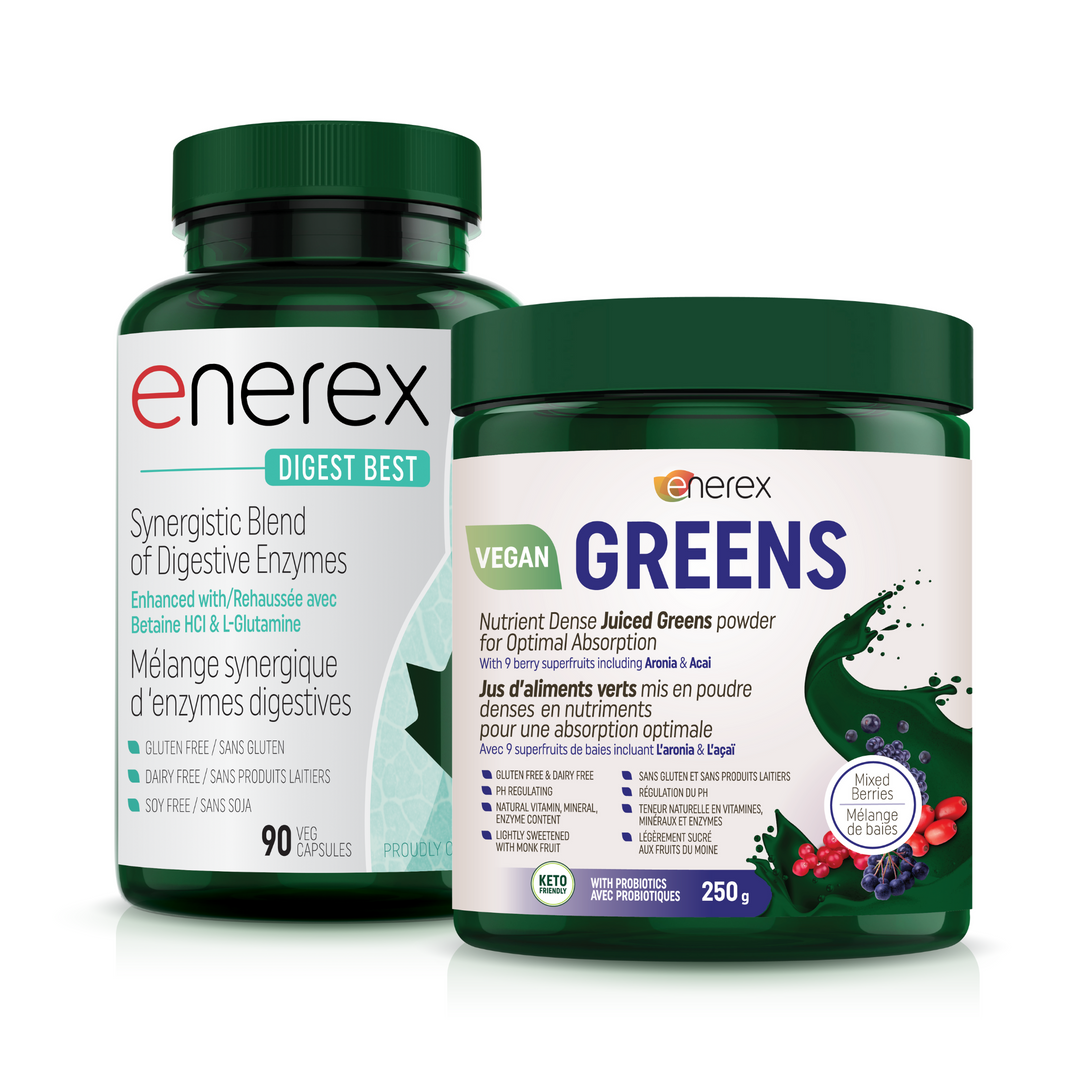
Leave a comment